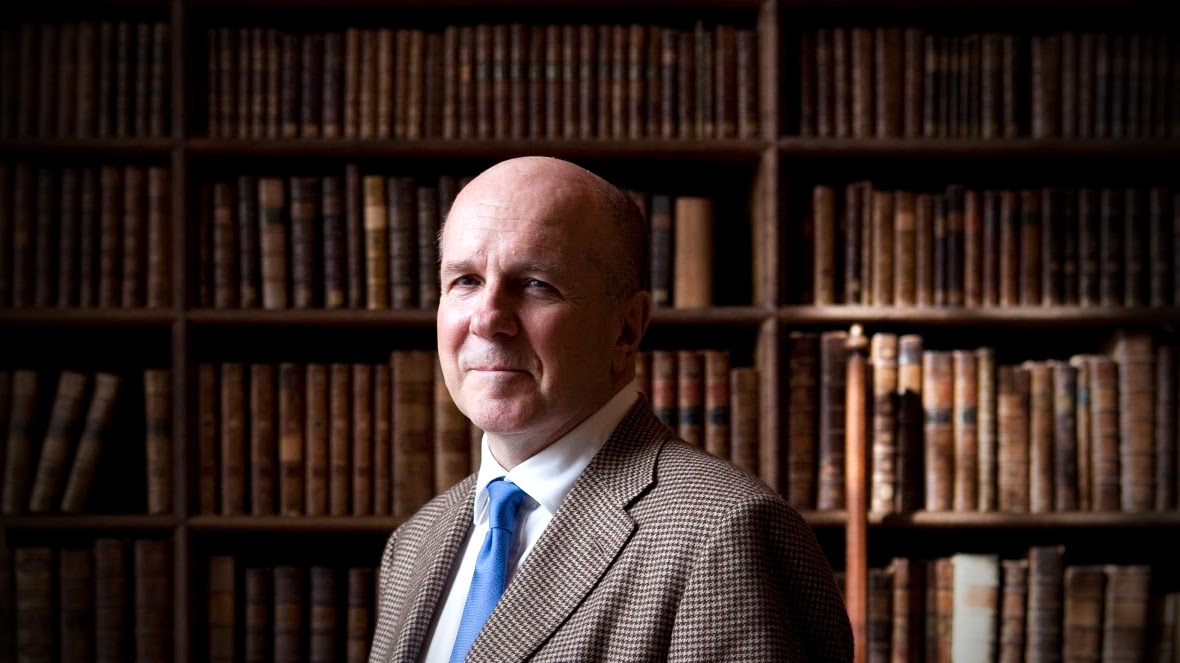Simon Winchester was born and educated in England, has lived in Africa, India and Asia, New York but now lives principally in afarmhouse on an island in Western Scotland.
Having reported from almost everywhere during an award-winning 20-year career as a Guardian foreign correspondent, he was appointed Asia-Pacific editor for Condé Nast Traveler in 1987, later becoming Editor-at-Large. He also contributes to a number of publications, including Harper’s, The Smithsonian, The National Geographic Magazine, The Spectator, Granta, The New York Times, The Atlantic Monthly, The Daily Telegraph, The Spectator and the BBC. His writings have won him several awards, including Britain’s Journalist of the Year.
Simon Winchester’s books include The Professor and the Madman; Korea: A Walk through the Land of Miracles; The River at the Center of the World — A Journey Up the Yangtze Back in Chinese Time; The Fracture Zone; and The Map That Changed the World.
How did you get started traveling?
I worked in a mortuary in London in 1962 to earn money to go by ship to Canada, after which I hitch-hiked around America for six months.
How did you get started writing?
I was a geologist; I read James Morris’s ‘Coronation Everest” when I lived in Uganda — that began everything.
What do you consider your first “break” as a travel writer?
Harry Evans ringing me in Western Australia at 2 a.m. one night in 1987, offering me the job as the eyes and ears of this new magazine, The Traveler (later to be Conde Nast Traveler) in the East.
As a traveler and fact/story-gatherer, what is your biggest challenge on the road?
Language; truth; public taste; advertising.
What is your biggest challenge in the writing process?
I find it too easy — and that, in all seriousness, makes it difficult.
What is your biggest challenge from a business standpoint?
The insidious, bravely resisted, but ever-growing pressure from big advertisers, pollsters, focus groupies and demographers.
Do you do other work to make ends meet?
I write books.
What travel authors or books might you recommend and/or have influenced you?
James (later Jan) Morris; Stevenson; Conrad; Borges. Pico Iyer, Ian Buruma.
What advice and/or warnings would you give to someone who is considering going into travel writing?
Don’t be seduced by it; don’t regard your task as the planning of holidays.
What is the biggest reward of life as a travel writer?
Being able to graduate from it, with some dignity.
You have said that you are trying to shed the travel writer image. Why is this?
I will still travel; but I will write what my own (if limited) audience seems to want, and what I want to write, rather than what I am supposed to write (and not write) based on the researchers, pollsters, focus group members, demographers and advertisers as mentioned above. I realize by doing so I am risking some income; but I am retaining something rather more valuable to me.

